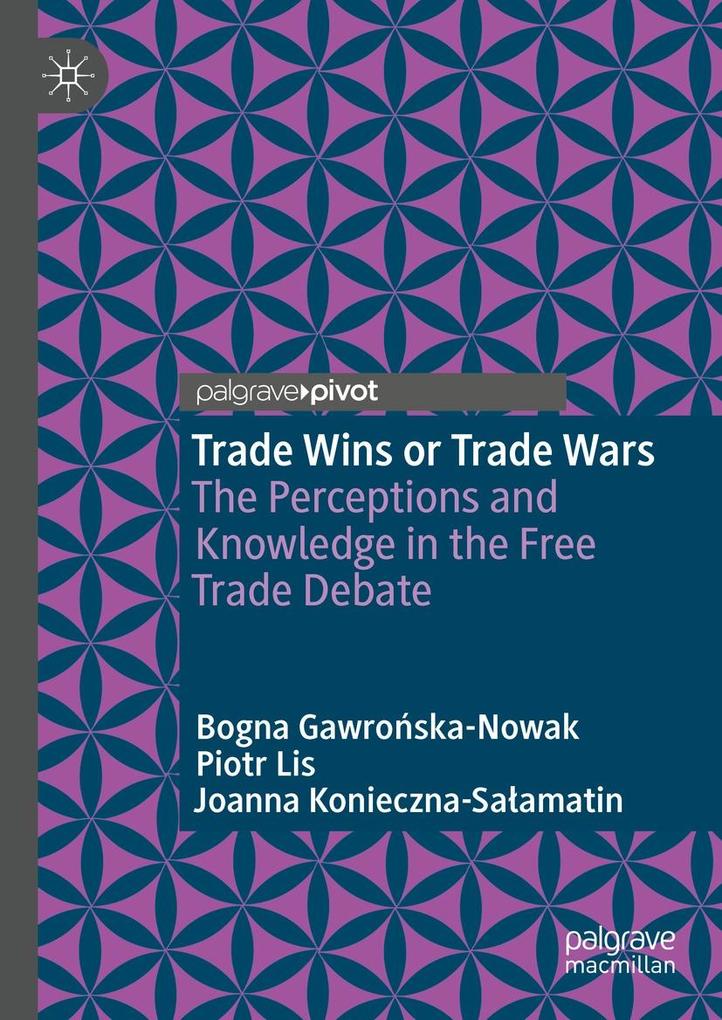
Sofort lieferbar (Download)
This book tackles the disconnect between social perceptions and expert knowledge regarding trade policy decisions. Using a Polish language internet database, the authors shed light on areas that need to be addressed when considering the adoption of particular trade policies by applying content and statistical analysis to produce an easy to deploy measure of populism in digital media, the "Media Populism Ratio". Defining a mismatch between social perception and expert knowledge may contribute to a better understanding of the controversies on free trade, as well as properly defining possible sources of populism and social conflicts - therefore also revealing some potential weaknesses in the trade policy implementation level which are at times neglected or underestimated. The book will be relevant to students and researchers interested in economic policy, economic narratives and cultural economics.
Bogna Gawronska-Nowak is Associate Professor and Head of the EURDATA Department at the Institute of Urban and Regional Development in Warsaw, Poland.
Piotr Lis is Associate Professor at the School of Economics, Finance and Accounting and Associate of the Research Centre for Financial and Corporate Integrity at Coventry University, UK.
Joanna Konieczna-Salamatin is Associate Professor in the Faculty of Sociology at the University of Warsaw, Poland. She is Vice-President in charge of research at the Institute for Socio-Economic Enquiry (iSEE), Poland.
Inhaltsverzeichnis
Chapter 1: Introduction. - Chapter 2: Free trade or trade wins: retrospective worldview. - Chapter 3: Free trade or trade wars: controversies, political interests and narratives. - Chapter 4: Globalization and international trade in the eyes of the polish society. - Chapter 5: Academic expert knowledge on free trade. - Chapter 6: Online free trade discourse: expert knowledge and attitudes. - Chapter 7: Sentiment and emotions in the popular FTA discourse. - Chapter 8: Media and populism.
Produktdetails
Erscheinungsdatum
10. Juli 2021
Sprache
englisch
Auflage
1st ed. 2021
Seitenanzahl
173
Dateigröße
3,84 MB
Reihe
Psychology and Our Planet
Autor/Autorin
Bogna Gawronska-Nowak, Piotr Lis, Joanna Konieczna-Salamatin, Bogna Gawroska-Nowak, Joanna Konieczna-Saamatin
Verlag/Hersteller
Kopierschutz
mit Wasserzeichen versehen
Produktart
EBOOK
Dateiformat
PDF
ISBN
9783030769970
Entdecken Sie mehr
Bewertungen
0 Bewertungen
Es wurden noch keine Bewertungen abgegeben. Schreiben Sie die erste Bewertung zu "Trade Wins or Trade Wars" und helfen Sie damit anderen bei der Kaufentscheidung.









